With her tools strapped around her waist, Koi, a 34 year old villager from Kg. Bukit Biru leads the way into the forest to gather bertam. The walk, however is long and exhausting as much of the forest has been cleared, leaving long stretches of dry and bare clay paths.
Once inside the forest, Koi begins to chop and gather the bertam. Carrying the sticks back to her village, she will then dry and tie the sticks into bundles of 500 before selling one bundle for RM25.
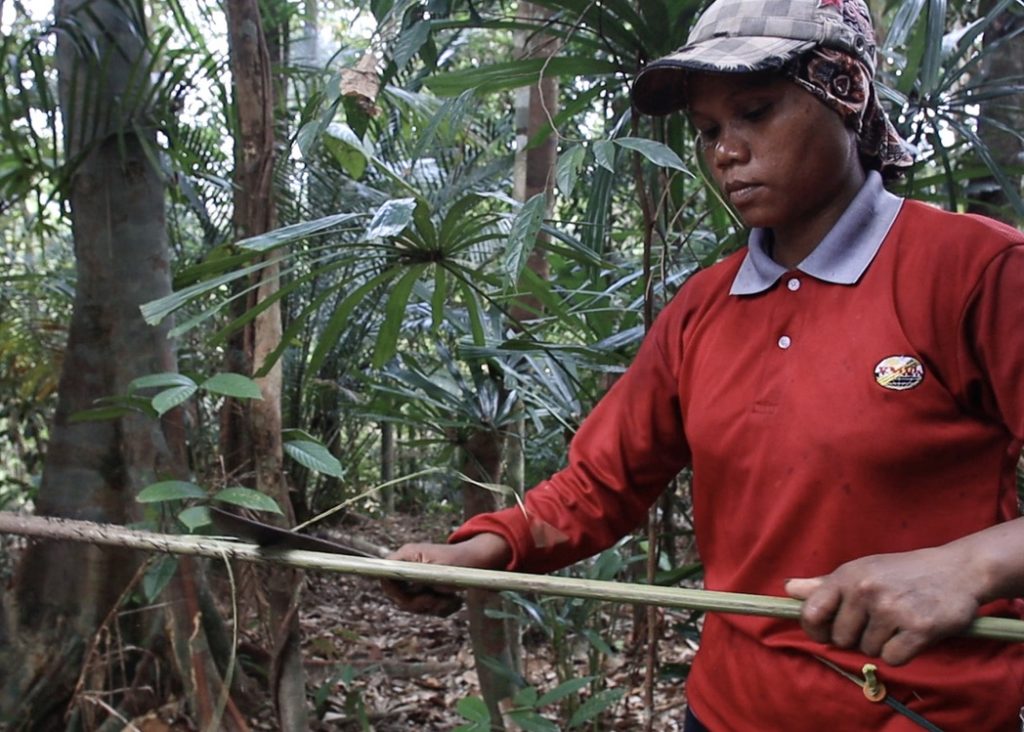
Koi gathering bertam in the forest 
Koi drying out the bertam sticks
Besides gathering bertam, Koi and her fellow villagers also used to forage for more materials from the forest for their livelihood. However, due to deforestation, the villagers are now finding it more and more difficult to source for forest materials.
As hunter-gatherers by nature, many Orang Asli families lived by gathering from the forest.

Villagers in Kg. Jenit hunting for fishes in the river 
Pak Jelita, villager from Kg. Jenit harvesting the inner core of the tree to be used for food
However over the last few decades, increased deforestation for logging and oil palm has led to the depletion of both natural and cultural resources such as rattan, bertam, agarwood, dama and more. During the Covid-19 pandemic, many Orang Asli families lost their income and food supply. Unable to rely on the forest, most had to rely on food aid to put food on the table for their families.
We used to be able to forage for food from the forest. But now that our forest is deteriorating, it has become really difficult for us.
Salmah, a villager in Kg. Teraling
Deforestation remains as one of the biggest threats to the traditional livelihood of the Orang Asli.

Sakura hunting for fishes in the river in Kg. Jenit 
Small fishes commonly found in the river
In Kg. Jenit, many of the villagers hunt for fishes in the river as one of their primary sources of protein. However, it has become difficult to rely on fishing for food as logging activities has depleted most of the fishes in the river.
Before, when we would go to the river to fish, there will always be fishes and the fishes would be big. Now, there’s not much anymore, we can only catch small fishes.
Sakura, a villager in Kg. Jenit
Deforestation thus, not only impacts the villagers ability to hunt and gather food but also reduces their economic opportunities.
Liana, a villager from Kg. Binjai used to collect rattan and bertam in the forest for her livelihood. However, she was forced to stop due to deforestation. Now, Liana relies on farming lemongrass to support her family.

Liana after harvesting lemongrass in Kg. Binjai 
Liana tending to the lemongrass in her farm
I used to collect rattan, but when there wasn’t enough, I started to source for Bertam. I did this for 2-3 years. But I had to stop because of all the logging activities. Now, I farm lemongrass, so I can meet the needs of my children and grandchildren.
Liana, a villager in Kg. Binjai
Adapting to the scarcity of the forest, many Orang Asli have gradually transitioned from forest gathering to agriculture as their main source of livelihood.
Lamenting on how she used to be able to forage for food from the forest, Kak Salmah, a mother of six children, now taps rubber trees with her husband to generate income for the family.

Salmah tapping rubber in Kg. Teraling 
Salmah tapping rubber in Kg. Teraling
My husband tapped the rubber trees and was only able to sell the latex after 3 months. He sold 3 bags of latex for only RM255.
Salmah, a villager in Kg. Teraling
Although many villagers now tap rubber to generate income, rubber tapping can be challenging as villagers will not be able to collect latex from the trees during rainy and drought seasons.
Therefore, to earn a stable source of income, many Orang Asli particularly the youth are now starting to take up jobs by the council (Alam Flora) to clean and cut grass in the town of Muadzam Shah, Pahang.

Mboh working in Alam Flora in the town of Muadzam Shah 
Mboh cutting grass
Mboh, is a 21 year old villager from Kg. Jenit. Having dropped out of school after Form 2, Mboh started looking for jobs so he can earn an income and support his family. He along with 9 other villagers from Kg. Jenit work in Alam Flora.
We work in Alam Flora because we want to earn a stable income. We have no other choice but to work here because there’s no other jobs available. We prefer to work in the forest but we need to earn a stable income.
Mboh, a villager from Kg. Jenit
As a consequence of deforestation, many Orang Asli have started to transition from forest gathering to agriculture as their main source of livelihood. However, many of them are unable to farm successfully as they face a multitude of challenges such as lack of capital and experience.
With identities closely tied to the forest, many Orang Asli are trying to balance between upholding the culture and traditions of their forefathers whilst also participating in the cash economy to generate income for their family. If you would like to support the livelihood of the Orang Asli, you can reach out to us here .
Written by:
Lauren Chew, Communications Officer

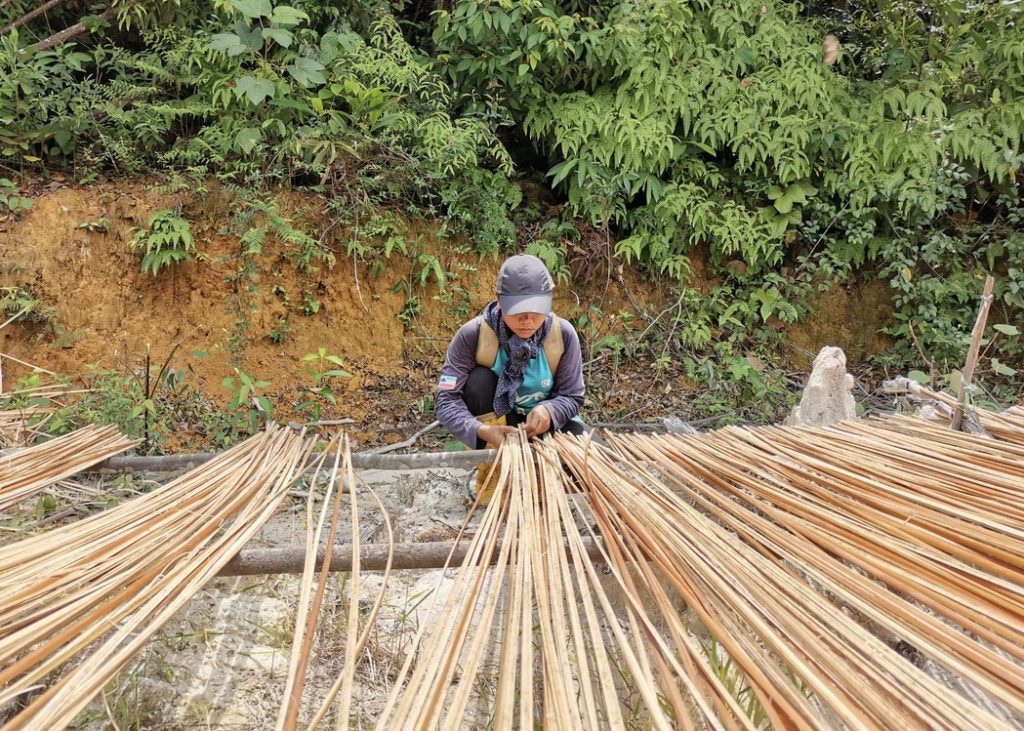
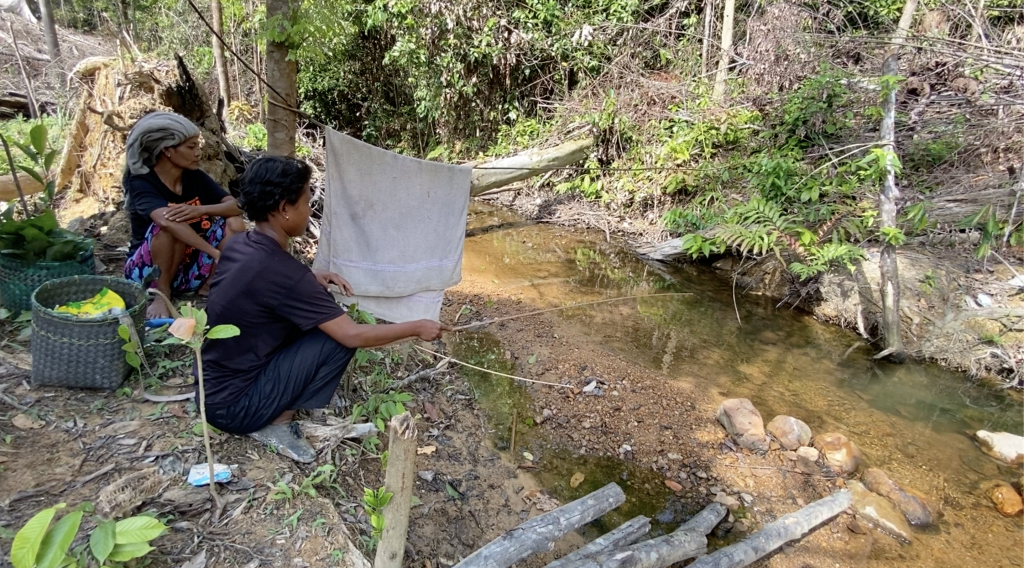

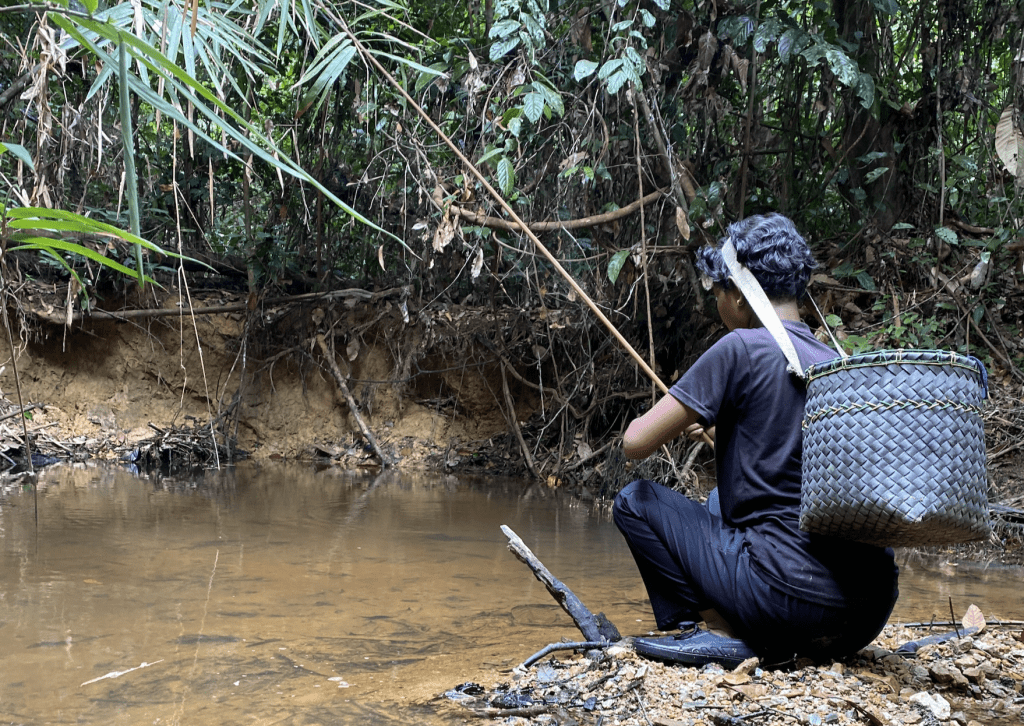
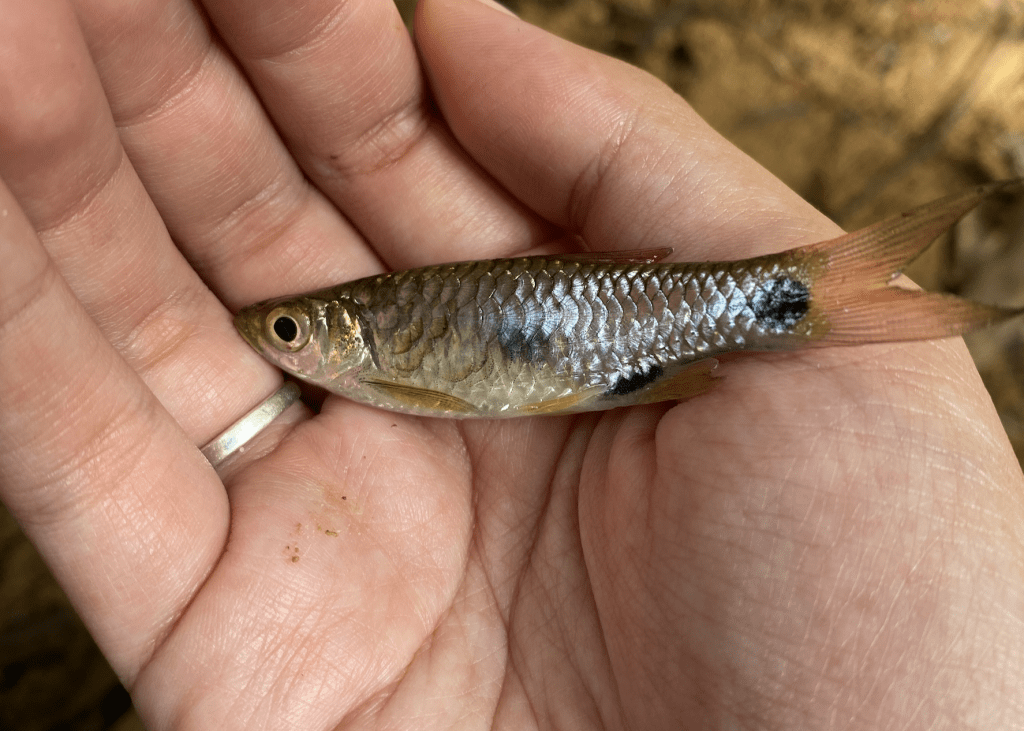
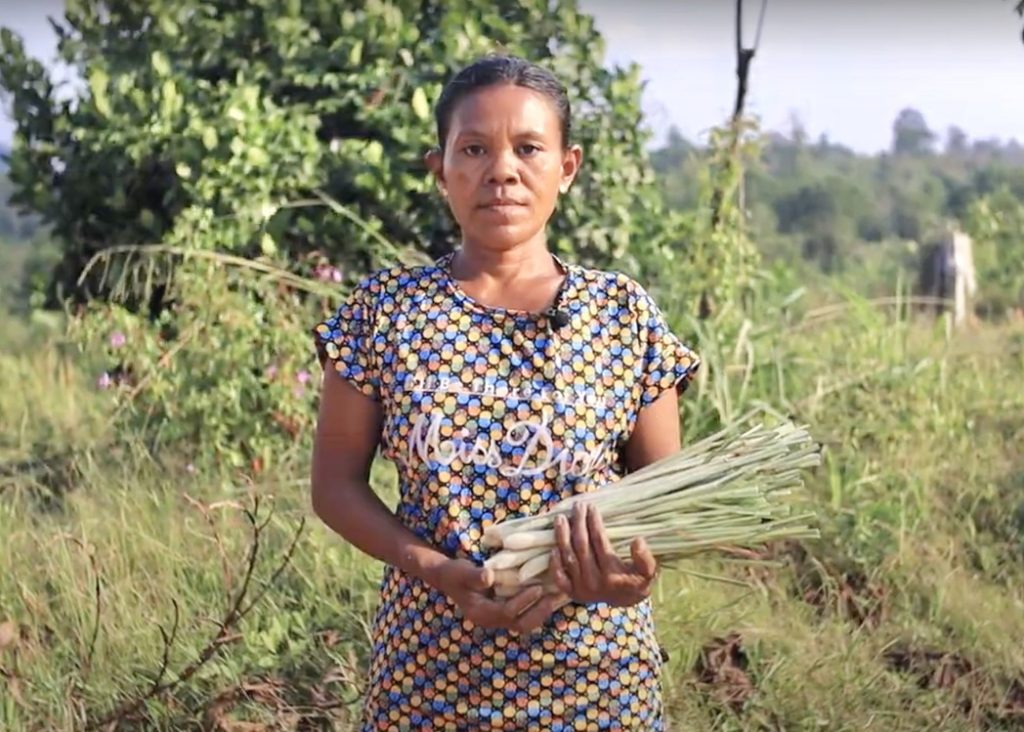
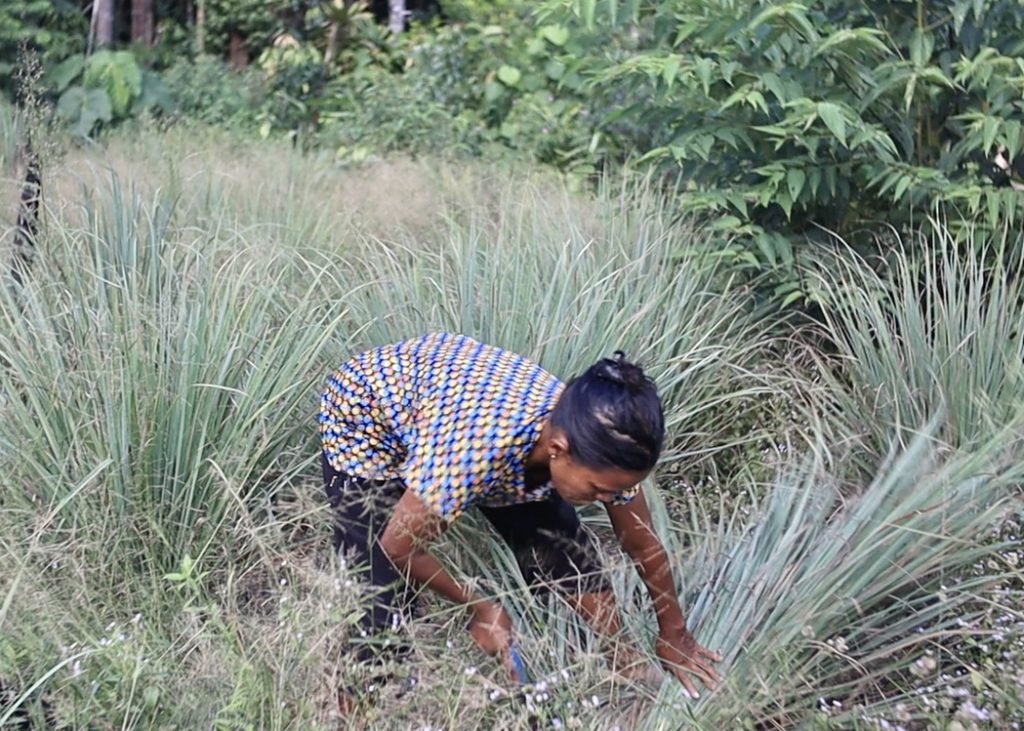
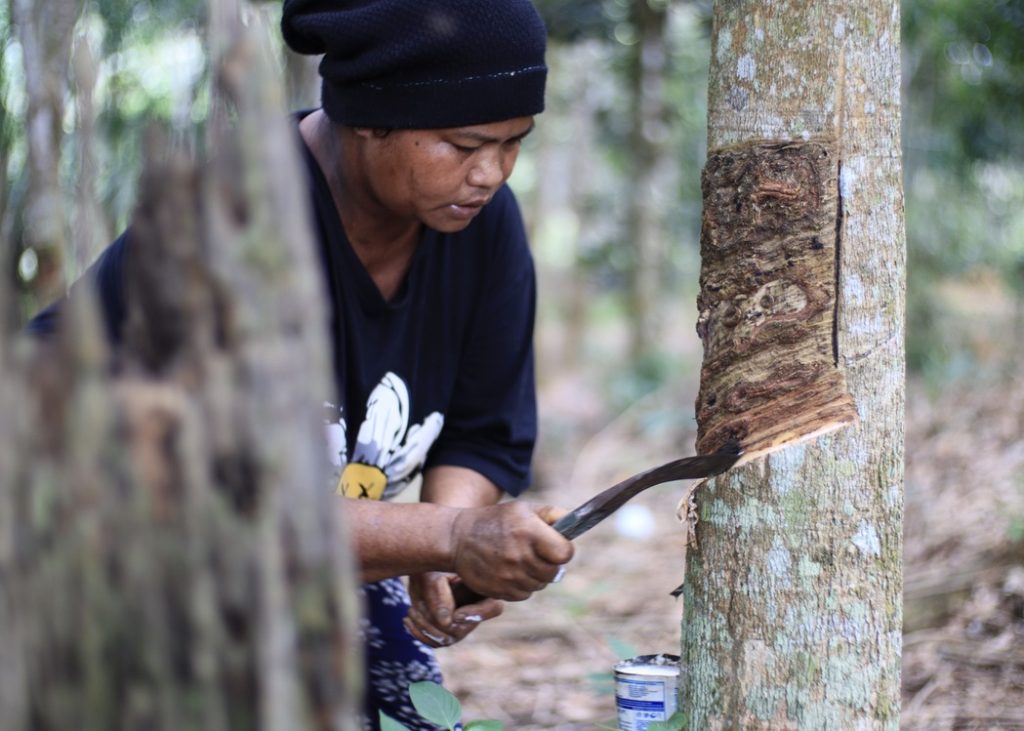
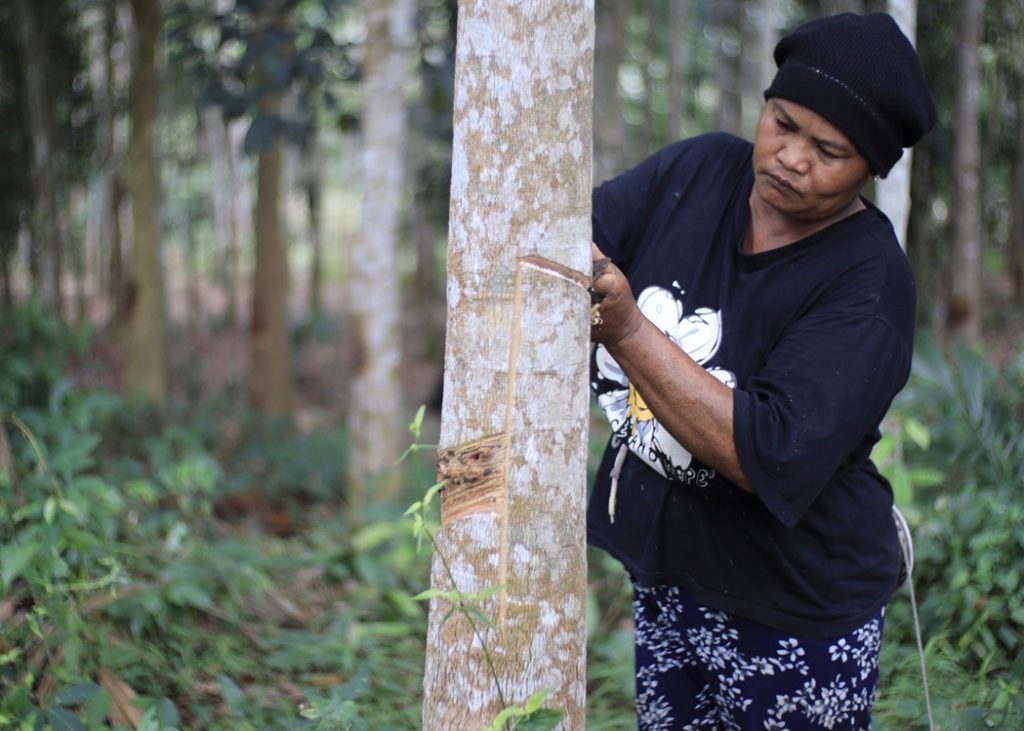
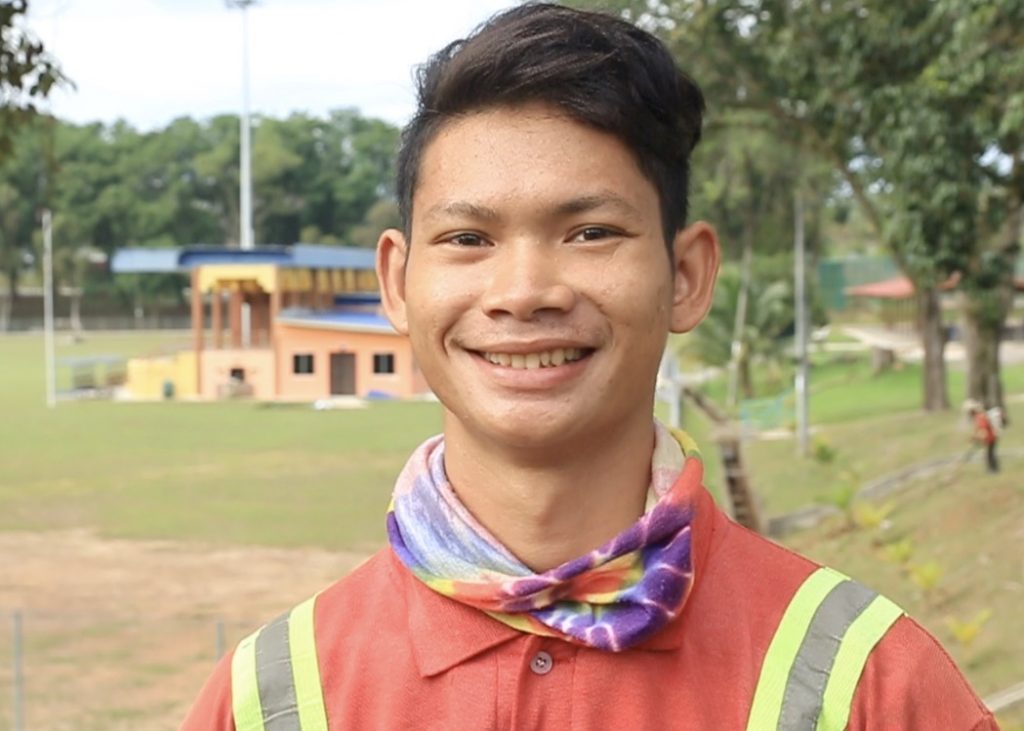
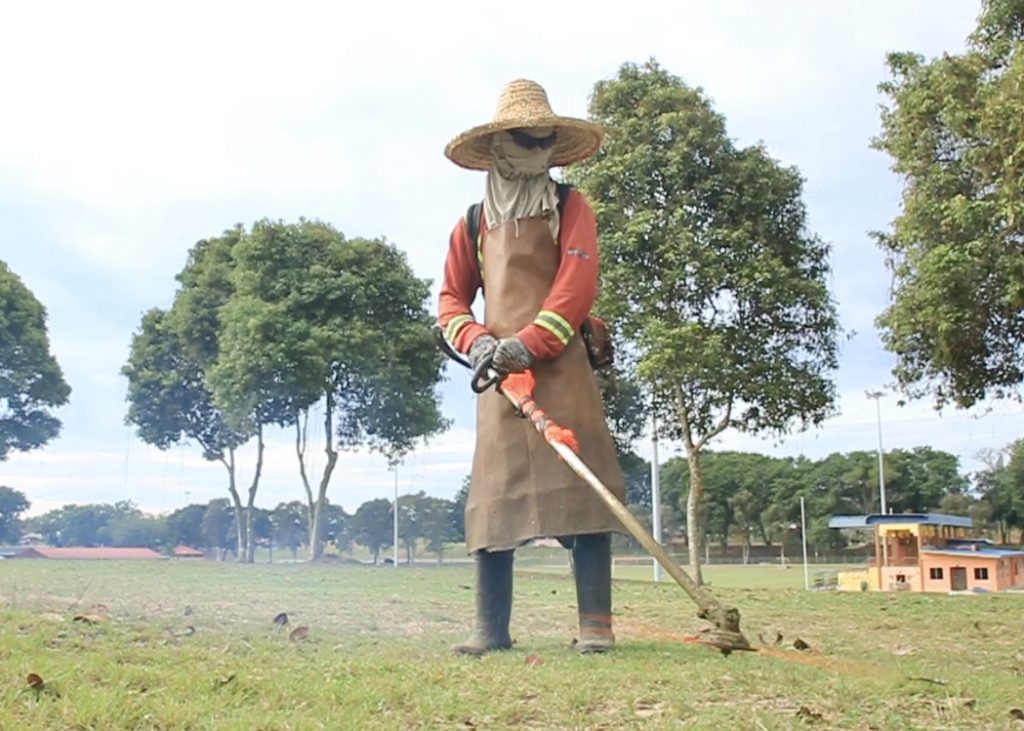






4 Comments